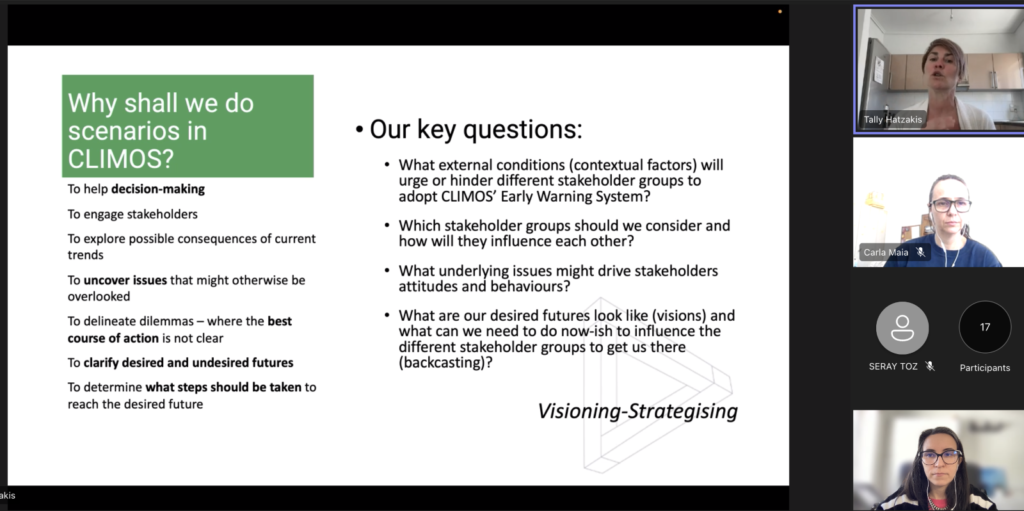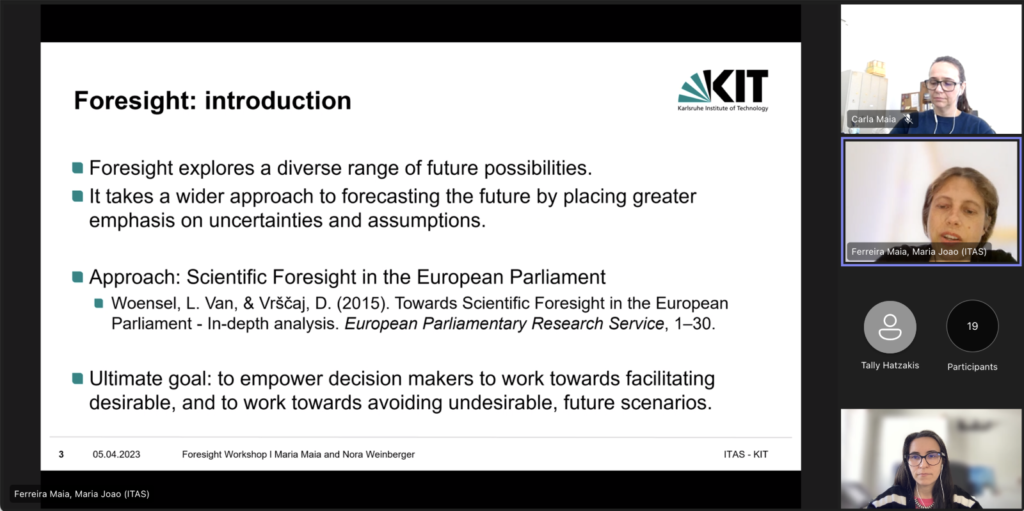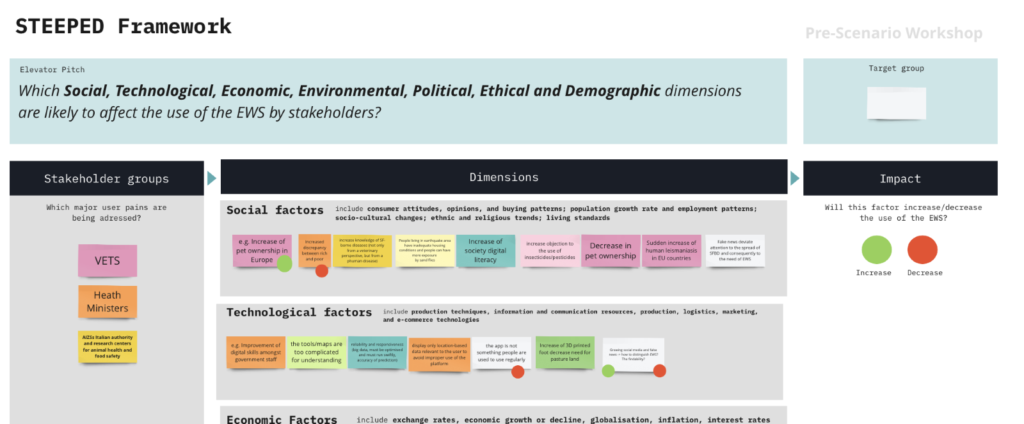The CLIMOS consortium will provide a systemic change in how we manage health crisis regionally, nationally, at a European level and even across borders, by using a Forecasting, Early Warning System and tools to tackle the unpredictability of the periods of higher probability of dissemination and infection of sand fly-borne diseases.
To understand how we could organise and mobilise our resources will take a deep understanding of the stakeholders that should be involved in the transition and the operation of such new realities, as well as the social, technological, economic, environmental, political, ethical and demographic factors that underpin their motivations and practical limitations that determine the system’s dynamics at play.
Such analysis is fundamental for the consortium to develop empathy, and deep understanding of the systemic reasons behind resistance to change to prepare alternative trajectories for the introduction of solutions depending on how such circumstances unfold.


We run our first foresight consortium workshop using the STEEPED framework to uncover “Which Social, Technological, Economic, Environmental, Political, Ethical and Demographic dimensions are likely to affect the use of the Early Warning System by stakeholders?”.
Following a short introduction to the scientific approach and guidance on how to use the bespoke Miro board designed specifically for the exercise, partners engaged in a brainstorming of factors that can play a key role in the introduction of CLIMOS Early warning system and defined their influence.
CLIMOS consortium partners ranges from health ministries, social scientists, engineers, vets, etc. Hence, the foresight capabilities of the CLIMOS consortium are unique giving us insight into the workings of multiple and complementary spheres of influence that can affect the adoption of CLIMOS solutions for the greater social good.

Next steps:
- A clustering activity and consolidation of factors to facilitate sense making and the development of a common understanding.
- A prioritisation of clusters and the identification of the key dimensions that will determine alternative futures, i.e., the future circumstances, for the development of future search scenarios that will define alternative visions for the introduction of CLIMOS technologies.
- Based on the previous results, a scenario planning workshops will take place in October 3rd, in Murcia, with the additional participation of external experts from different stakeholder categories to ensure “a whole system in the room” approach. Only this way we can ensure that our future search scenarios are well embedded and accepted by the system to be involved in its adoption.
